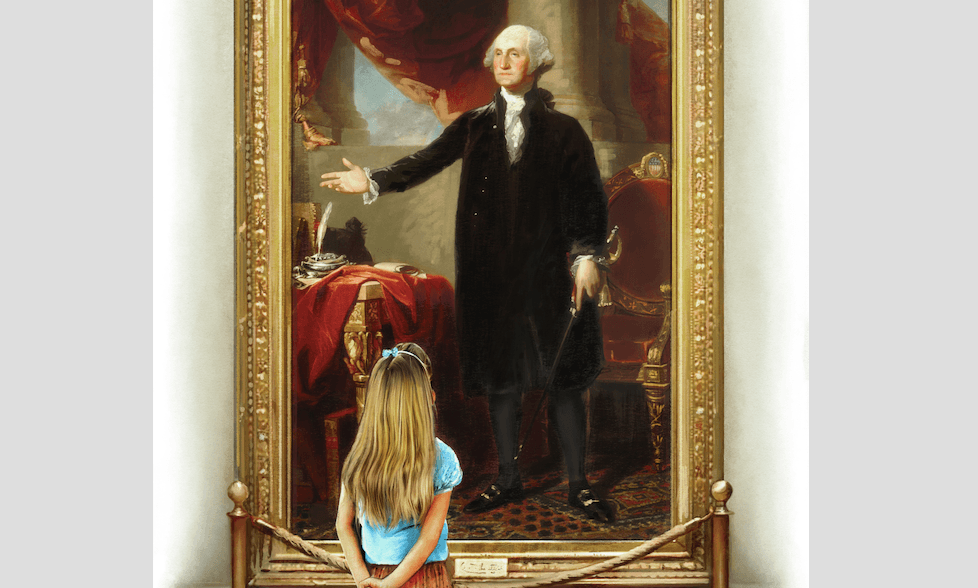“Give me a child until he is 7 and I will show you the man” is a saying attributed to St. Ignatius of Loyola. “Give me four years to teach the children, and the seed I have sown will never be uprooted” is credited to Vladimir Lenin.
Despite their radically opposed worldviews, both the Jesuit and the Marxist recognized the importance of education and the impressionability of young minds. As Jane Austen might have put it, this “is a truth universally acknowledged.”






